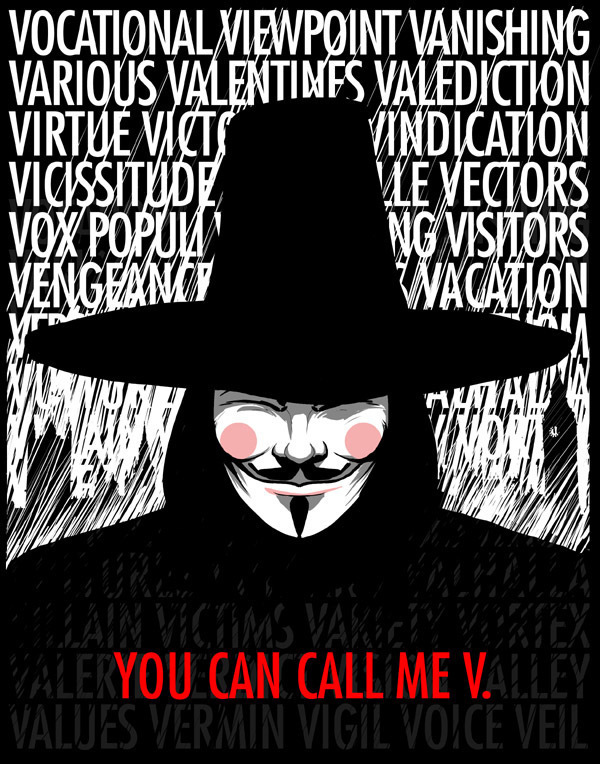And checked out all the cool new blogs from everyone (okay, so far a handful of people) in my Methods class! Lots of my peers emphasize the incorporation of YouTube and video media in their classroom teaching. I too think that YouTube can be beneficial in teaching students ("Sassy Gay Friend" Skits, one of my personal favorites) but as teachers we have to be careful because it can also be detrimental in the classroom. Smart Boards are also a good addition into the classroom, which tends to be an underlying idea throughout some of the other blogs. Smart Boards are fantastic but can also be a little glitchy, especially when you need them to cooperate with you during a classroom lesson.
Check it out, it's hilarious:
http://www.youtube.com/watch?v=lwnFE_NpMsE
Tuesday, September 28, 2010
Technology in the Classroom
Image borrowed from: http://pinartarhan.com/blog/wp-content/uploads/2010/04/blogging.jpg
Hey Blog, it's been a while.....
When thinking about technology in the classroom, loads of new ideas come to my mind. Thankfully I was introduced last semester, in my Advanced Composition course, to the beauty of technology in the classroom and how it can assist in classroom learning. I love SmartBoards, yet every time I use them it seems as if they don't love me. The access of a document camera in the classroom in handy for students who have to do a presentation, yet don't have access to a laptop to bring into the classroom. Although, I am not too fond of the whole disco-light show that goes on when we use the document camera in our Methods classroom. I love the idea of incorporating blogging into the classroom. The internet and citizen journalism are slowly dominating our world, and I would love for my future students to be knowledgeable about the progressiveness of the internet.
Hey Blog, it's been a while.....
When thinking about technology in the classroom, loads of new ideas come to my mind. Thankfully I was introduced last semester, in my Advanced Composition course, to the beauty of technology in the classroom and how it can assist in classroom learning. I love SmartBoards, yet every time I use them it seems as if they don't love me. The access of a document camera in the classroom in handy for students who have to do a presentation, yet don't have access to a laptop to bring into the classroom. Although, I am not too fond of the whole disco-light show that goes on when we use the document camera in our Methods classroom. I love the idea of incorporating blogging into the classroom. The internet and citizen journalism are slowly dominating our world, and I would love for my future students to be knowledgeable about the progressiveness of the internet.
Thursday, April 15, 2010
EXTRA EXTRA Read All About It!
(Picture borrowed from: http://lifeinbonitasprings.com/wp-content/uploads/2007/11/megaphone2.jpg)
For the website Tara and I have decided to focus on print journalism and citizen journalism. We are not necessarily going to take an exact stance on which one is better, but rather we are going to allow the user to explore both and decide for themselves which one they prefer. Tech-wise I think we are going to need some help figuring out how to do anything beyond the basic: adding sound or including videos of some sort. It is going to be an adventure for us and possibly a slight struggle dealing with all this technology halla-baloo, but hopefully we'll be able to experience some hand holding in the process.
For the website Tara and I have decided to focus on print journalism and citizen journalism. We are not necessarily going to take an exact stance on which one is better, but rather we are going to allow the user to explore both and decide for themselves which one they prefer. Tech-wise I think we are going to need some help figuring out how to do anything beyond the basic: adding sound or including videos of some sort. It is going to be an adventure for us and possibly a slight struggle dealing with all this technology halla-baloo, but hopefully we'll be able to experience some hand holding in the process.
Wednesday, April 14, 2010
Create a Website? "Baxter you know I don't speak Spanish!"
 Image from: https://blogger.googleusercontent.com/img/b/R29vZ2xl/AVvXsEhAyEbc_iJmdve11euOG5zlTAPQpphmgJKdgFq6SQ1usEQ7adRP8cf8GIdYfZYOZJDgUp4R0t3yxejiqRNL63ZaJoYmScJZCgKdIhYI2WlQp_kzQlF-_hVk55oyCehtRV_rkEuWl6mtS0o/s400/anchorman_408.jpg
Image from: https://blogger.googleusercontent.com/img/b/R29vZ2xl/AVvXsEhAyEbc_iJmdve11euOG5zlTAPQpphmgJKdgFq6SQ1usEQ7adRP8cf8GIdYfZYOZJDgUp4R0t3yxejiqRNL63ZaJoYmScJZCgKdIhYI2WlQp_kzQlF-_hVk55oyCehtRV_rkEuWl6mtS0o/s400/anchorman_408.jpgWednesday, April 7, 2010
Is steam coming out of my ears??
To be honest, I thought that my research paper about citizen journalism was going to be a lot more painful. At first I was really frustrated with not being able to find articles that were strong enough to support my topic, but thankfully after looking long and hard I was successful. My biggest frustration with the paper was the amount of sources. Even though I found more than eight and the eight I included support my paper very nicely, I feel like the paper is too condensed. I feel like because I tried to properly incorporate all of the sources into ten pages of writing I did not have the space to allot each article with the time and care I really wanted to.
But on a positive note......there's no paper due tomorrow! YAY!
But on a positive note......there's no paper due tomorrow! YAY!
Monday, March 22, 2010
Spring Cleaning My Research Topic
At first when I set out on my journey of trying to find an interesting and not so ordinary topic that will excite me I wanted to focus completely on the authenticity of citizen journalism, but over the weekend I have discovered that my topic is a little difficult to research. I began my research by using the archives and sources through the online San Jose State Library database. Since I have used this database may times, I decided to stick with the sites that I know I can depend on for quality information. A few of the sites I looked into were CQ Researcher, JSTOR, ProQuest and MLA Bibliography. At first when I started my resarch, I became quite discouraged because no articles immediately came up regarding "citizen journalism." Instead of becoming completely frustrated with the several different search outcomes I decided that I needed to expand my vocabulary in the search in order to encompass a larger field of online journalism since the phrase "citizen
journalism" is quite new and perhaps non-existent in many
(Image borrowed from: http://www.math.hmc.edu/~tucker/math104/resources.html)
of the articles that are a few years old. I have decided that instead of focusing completely on an already formulated thesis on what I am trying to prove, I need to allow room for flexibility. So far I have picked six articles that range from blogging to how online journalism is taking over written journalism. When working on my annotated bibliography I continue to go back and forth between wanting to stick with my intital topic of the authenticity in citizen journalism and how the online world of community journalism is quickly taking over print journalism, since I have been finding more and more articles involving this domination of the new over the old. Well I am off to read more of my articles for the bib.....
journalism" is quite new and perhaps non-existent in many
(Image borrowed from: http://www.math.hmc.edu/~tucker/math104/resources.html)
of the articles that are a few years old. I have decided that instead of focusing completely on an already formulated thesis on what I am trying to prove, I need to allow room for flexibility. So far I have picked six articles that range from blogging to how online journalism is taking over written journalism. When working on my annotated bibliography I continue to go back and forth between wanting to stick with my intital topic of the authenticity in citizen journalism and how the online world of community journalism is quickly taking over print journalism, since I have been finding more and more articles involving this domination of the new over the old. Well I am off to read more of my articles for the bib.....
Wednesday, March 17, 2010
Cheers to You with my Imaginary Guinness!
In my previous post, I talked about the idea of "gatewatching" from chapter four of Axel Bruns' book which focuses on how online public communities contribute to citizen journalism. In this particular chapter, Bruns seems to look at citizen journalism in a positive way and later on discusses how the public's active involvement in writing has completely transformed over the years. Originally writing primarily occurred in school and now there is a complete shift: the majority of literacy emerges from writing that takes place outside of school. In contrast to Jay David Bolter's book, Writing Space, Bruns' perspective is much more realistic becuase of the time period in which the book was written. Bolter's book was published nine years ago, prior to the extreme public shift into the online world of avatars and status updates. When looking at chapter eight Critical Theory, Bolter seems to have a negative outlook on the developing world of technology and the public's involvement/interest in that world. Although the chapter is divided into a few different parts, I focused primarily on the (Image borrowed from:http://openvein.com/art/vforvendetta/) section titled THE END OF AUTHORITY. Even in the title alone, I can sense Bolter's fear of this loss of authority. In the beginning of the section he talks about how popular culture now welcomes casual and unauthoritative sites rather than sites with real significance. Later on in the section on p. 169 he writes, "The relationship between the author, the text and the world represented is made more complicated by the addition of the reader as an active participant." In comparison to Bruns, who encourages the involovement of public communities and online users to create the product of citizen journalism, Bolter seems to fear the participation of everyday average Joes as active users and authors in the online world. In the end, it seems to me like the chapter in Bruns will be more helpful in my research rather than Bolter's ideas which are dated and reject the idea of user participation as a significant part of the online world.
Subscribe to:
Comments (Atom)






